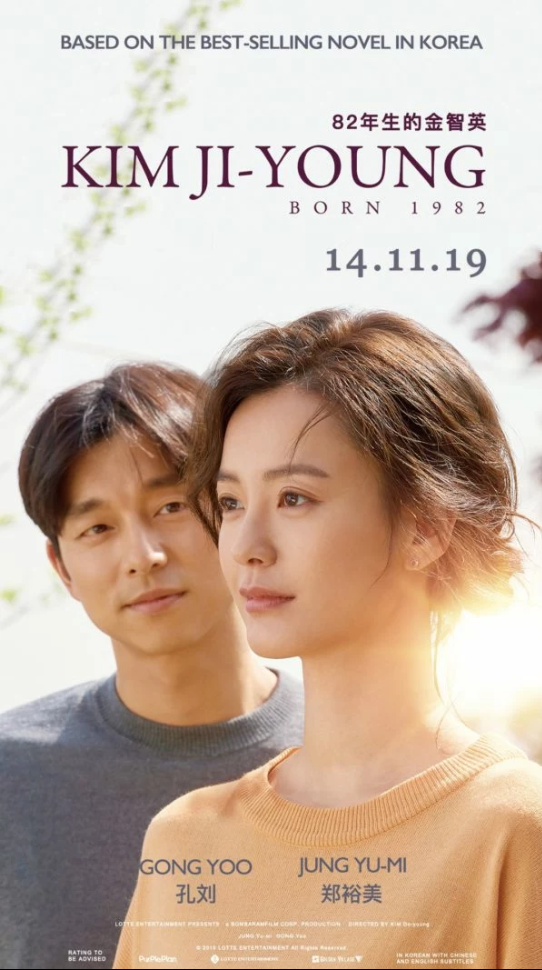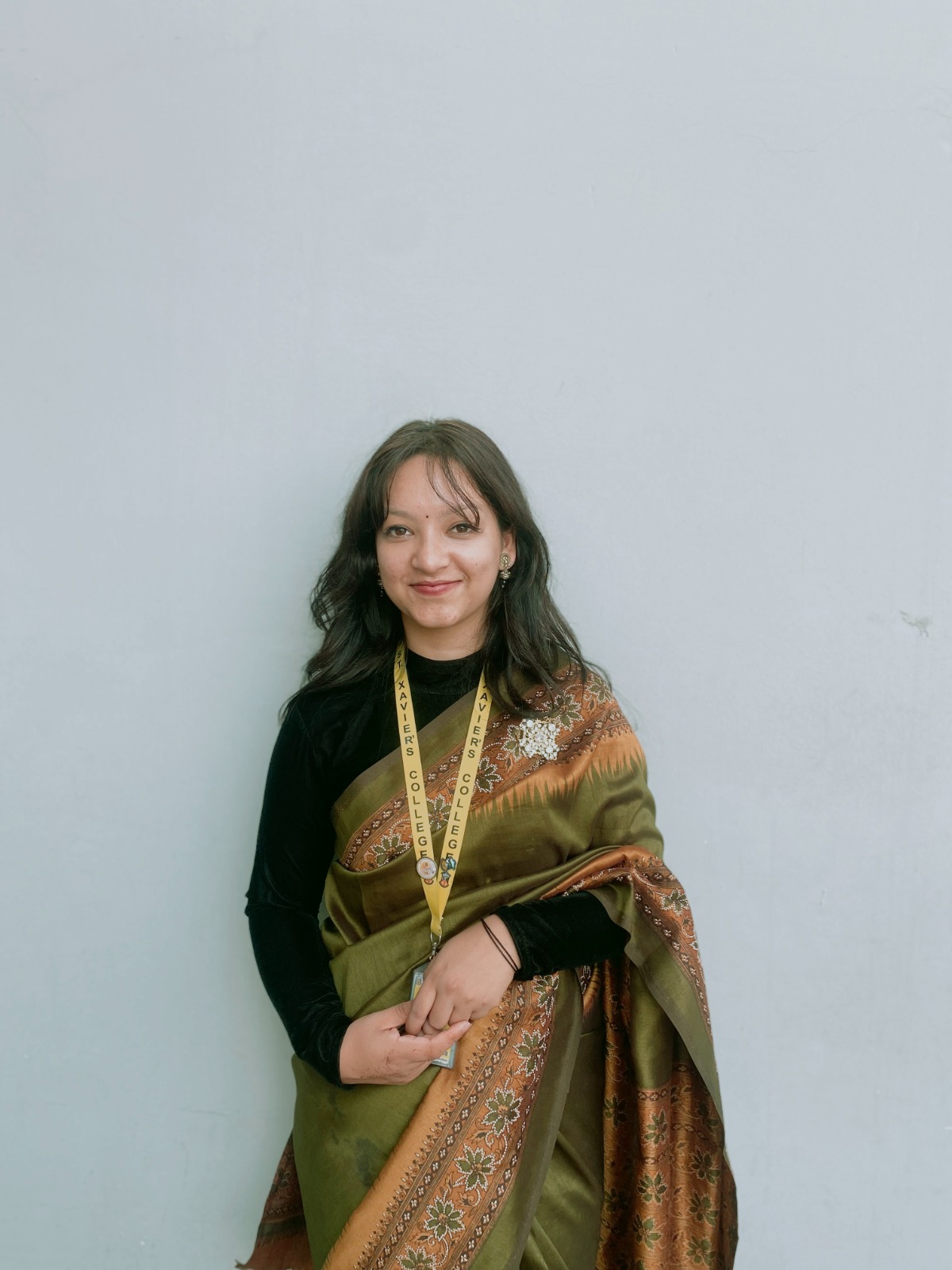Movies
The story of many, not just one
‘Kim Ji-young: Born 1982’ follows a Korean woman whose life mirrors the quiet struggles shared by many.
Aarya Chand
‘Kim Ji-young: Born 1982’ is not just a story about a woman. It is the story of many women, and it is also, at times, the story of all of us. The 2019 South Korean film based on Cho Nam-joo’s bestselling novel of the same name portrays a seemingly ordinary woman in her 30s, grappling with the daily, repetitive, and often invisible burdens of motherhood, marriage, and womanhood. From the outside, Ji-young appears content—married to a supportive husband, raising a daughter, and staying home to care for the household. But slowly, her life begins to fracture.
I came to this film only after reading the novel, which I heard about through BTS leader Kim Nam-joon, who recommended it to ARMYs. In Korea, singer Irene faced backlash simply for reading the book. That controversy made me curious about the story. What struck me most was how eerily similar the story was to what many Nepali women go through. The expectations placed on women in Korea parallel those in Nepal. Developed or developing, patriarchy manifests in eerily similar forms.
The very first scene that stayed with me was when Ji-young sat in a park with her child, overhearing people comment, ‘‘how jealous they are of housewives who can drink coffee and relax while their husbands are at work.’’ Hearing it, she just walks away. Like many women I know, the work of a full-time housewife is thankless, exhausting, and invisible. She’s a cook, cleaner, therapist, scheduler, and chauffeur—wearing every hat imaginable without recognition or rest.
This reminded me of a time when I was watching the Miss World pageant. Manushi Chillar, when asked which profession deserves the highest salary, replied, “A mother deserves the highest respect. When you talk about salary, it’s not about cash. I feel it’s the love and respect that you give to someone. All mothers just sacrifice so much for their kids, so the profession that deserves the highest salary should be of mother.” That line stayed with me.
Yet here, we continue to give mothers aprons and kitchenware, as Ji-young receives in the film, symbolically reducing her identity to domesticity. The scene also serves as a reminder that gifts to women—especially mothers—often reinforce the idea that their identity is tied solely to caregiving. We must begin to see women as individuals, apart from their roles in the household, and treat them accordingly.
The movie navigates the stigma around mental health delicately but not without flaws. Her husband labels Ji-Young’s dissociation as postpartum depression. But her condition at times appears closer to dissociative identity disorder or even borderline personality disorder. It reflects how simplified and sometimes inaccurate mental illness is portrayed in popular media. Postpartum depression is real and under-addressed, but so are other complex manifestations of trauma. The film makes that visible, even if its diagnosis feels sanitised.
An example is when Ji-young refuses to visit her in-laws during the New Year due to exhaustion, but ultimately goes anyway. She is immediately tasked with making dumplings for the entire family. When her husband attempts to help her do the dishes, his mother snaps, ‘‘Kitchen work is for women”. That statement encapsulates so much of what women in our cultures are up against. Her sister-in-law, another married woman, comes to live with them, seeking escape from her in-laws, but the mother-in-law's behaviour towards her daughter is completely changed.
It is then that we see Ji-young lashing out unexpectedly at her mother-in-law. Her reaction is jarring but necessary. It is only when she moves to her own mother’s house that she can rest, and through flashbacks, we learn that her trauma is generational. Her mother had been forced to keep trying for a boy. Her father doted on her brother and dismissed the daughters. The weight of all that isn’t just psychological; it’s cultural.

Though Dae-hyeon, her husband, tries to be supportive—researching mental health, encouraging therapy, even quitting his job temporarily so Ji-young can work—he remains part of a system that allows his family to mistreat her. The film doesn’t portray him as a villain but as someone trying to be good within a deeply flawed structure. Feminist theorists like Silvia Federici have written about how women’s domestic labour is essential yet erased under capitalism. Ji-young’s story is a visceral, emotional demonstration of that idea.
The storytelling is compelling, largely because the narrative unfolds through flashbacks and the emotional weight of what remains unsaid. Ji-young’s healing begins not with counselling alone, but with recognition. When she finally secures a job and celebrates it, the joy on her face speaks volumes. It is the life she wanted, momentarily reclaimed. Even her daily journaling, encouraged by the psychiatrist, becomes a form of self-authorship. In a symbolic full-circle moment, her notes are turned into a book. Ji-young, voiceless for so long, writes herself back into being.
A scene that broke my heart was when her mother came to visit but left without meeting her after learning about her condition. She left herbal tea for her instead. Later, she becomes the only one to finally stand up to Ji-young’s father for how he treated their daughters. That rage is a feminist inheritance, too, one finally released.
Watching this film as a young, unmarried Nepali woman made me reflect on societal expectations. My friend, who watched it with me, said she was already overthinking what kind of mother-in-law she might have. We laughed, but her worry was real. Films like this reveal how marriage is not always an intimate bond, but often a transaction involving entire families and outdated norms.
You could say watching the film isn’t essential if you’ve read the book. But I would disagree. Seeing Ji-young come alive on screen makes her pain more tangible. Her quiet breakdowns, the haunting voice shifts, and the tiny moments of joy and rage—they linger. This film is not just a story about one woman. It’s about structures, silences, and survival. It may not change the world, but it makes you see it differently. And sometimes, that is enough.
Kim Ji-young: Born 1982
Director: Kim Do-young
Starring: Jung Yu-mi, Gong Yoo
Duration: 118 minutes
Language: Korean
Available: Netflix
Year: 2019




 15.12°C Kathmandu
15.12°C Kathmandu










